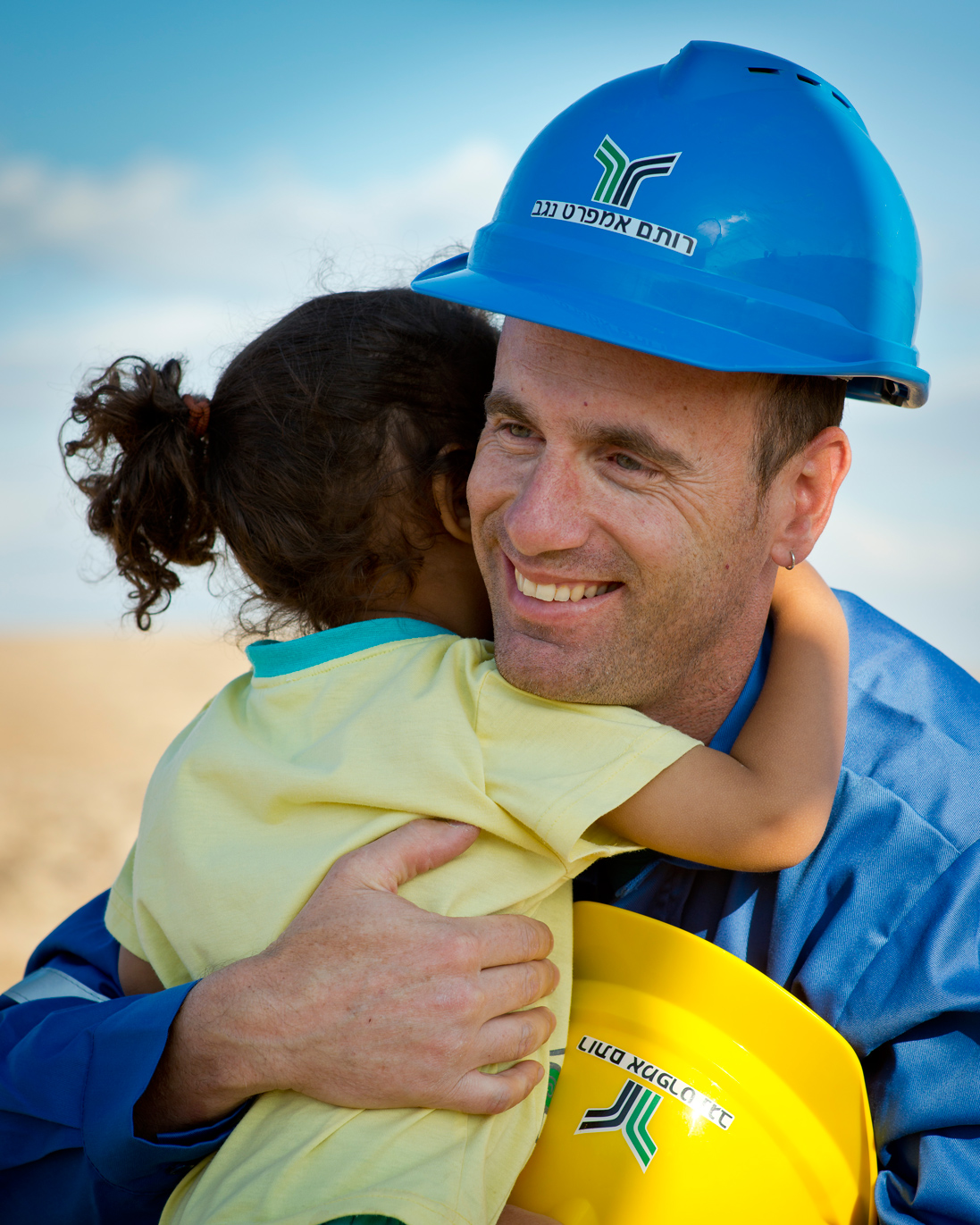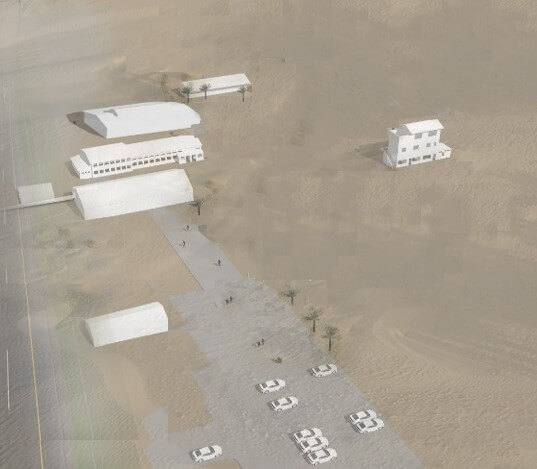Engaging Our Stakeholders
Engaging with multiple stakeholder groups requires multiple media outlets and approaches, tailored for the various groups. For example, to engage with the general public ICL publishes information on mass media, through informative video clips on ICL’s activities and products, and through advertising campaigns. To engage with its investors ICL publishes financial reports and holds regular sessions with analysts. It reports on various information requests, including its sustainability policy and performance, via specialized platforms such as the Carbon Disclosure Project (CDP) and more.
The frequency of most disclosures is performed on an annual basis, excluding financial reports that are on a quarterly basis. Sustainability is disclosed and discussed by ICL through annual Corporate Responsibility reports (GRI). In addition, to serve local stakeholder groups, ICL reports to Maala – Business for Social Responsibility in Israel and to the Israeli Voluntary Reporting Mechanism for Greenhouse Gases. The company also occasionally publishes various voluntary reports and professional publications on a case by case basis.
At a local level, ICL’s companies meet their regulatory reporting obligations concerning environmental impacts. These requirements include both monthly and annual reports, as well as near-real-time reports for certain activities and events. ICL also communicates internally to engage with employees and managers. Engagement is established in a variety of ways: through an internal website, in several languages, which is the internet homepage of all global employees; through internal company newsletters distributed by segment, company subsidiary or site level; through quarterly summary unit-leader presentations distributed to all global management who in turn share with their employees; and finally through an internal e-mail messaging system informing employees about executive appointments and pressing matters such as health or security issues. Of course, certain information is also reflected in the various managerial information sharing panels.
The local communities that are in proximity to our operating facilities are among the stakeholders with which communication is most intensive. In order to provide transparency and participate in meaningful discussions with these stakeholders, ICL continually invests in and is involved with the local communities in which it operates. ICL participates in various joint Community Forums where it exchanges information and concerns. Through its employees, many of whom are residents of the local communities, the Company deepens its understanding of, and commitment to, the local community. As a result of this intensive engagement, ICL obtains in-depth knowledge of the communities’ wide range of needs and concerns. This knowledge informs the Company’s decision-making process.
ICL initiates and participates in various conventions and events with our professional colleagues and stakeholders, especially regarding our products throughout their lifecycle, best practices and more. It also has an ongoing relationship with different academic institutes and welcomes joint research projects that explore everything from product performance to the impact of facilities, including, for example, research to minimize the impact of erosion in mining areas on biodiversity. ICL reports about many of these joint endeavors in this CSR Report.
JOINT COMMUNITY ADVISORY PANELS (CAP)
Joint Community Advisory Panels (CAP) have brought together representatives from ICL facilities, local communities and green organizations. The Panels operate at various ICL’s sites around the world. The purpose is to discuss environmental issues, develop joint programs for the benefit of the environment and the community, create a relationship between industry and various stakeholders, and to develop a well-informed, intelligent and productive dialogue. Such forums have operated for many years in a number of ICL’s production facilities. The hot topics discussed over the last year include: emergency preparedness, workers’ safety, environmental impact and performance, community involvement, and occupational possibilities.
VISIT ICL
All of ICL’s stakeholders and the general public are invited to the Company’s facilities to take a closer look at its production sites. During 2017 about 22,000 people visited ICL sites located In Israel and in other ICL sites worldwide and explored first-hand the Company’s production processes.
| Material Topics / Stakeholder Group | Investors | Employees | Public Authorities & Regulators | Local Communities | Social & Environmental NGOs | Analysts | Industry / Competitors | Academia | Media | Customers | Contractors and Partners |
|---|---|---|---|---|---|---|---|---|---|---|---|
| 1. Economic Performance | V | V | V | V | V | ||||||
| 2. Indirect economic impacts | V | V | V | V | V | ||||||
| 3. Payments to governments | V | V | V | V | V | V | |||||
| 4. Business Ethics | V | V | V | V | V | V | V | V | V | V | |
| 5. Compliance | V | V | V | V | V | V | V | V | |||
| 6. Product Responsibility | V | V | V | V | V | V | |||||
| 7. Innovation | V | V | V | ||||||||
| 8. Safety & Environmental Stewardship of Chemicals | V | V | V | V | V | V | V | V | V | V | |
| 9. Security & Emergency Management | V | V | |||||||||
| 10. Climate Strategy & GHG Emissions | V | V | V | V | V | V | V | ||||
| 11. Air Quality Management | V | V | V | V | V | V | V | V | V | ||
| 12. Energy Management | V | V | V | V | V | ||||||
| 13. Materials Management | V | V | V | V | V | V | |||||
| 14. Effluents, Waste & Hazardous Material Management | V | V | V | V | V | V | V | V | V | ||
| 15. Water Management | V | V | V | V | V | V | V | V | V | V | |
| 16. Biodiversity & Nature Conservation | V | V | V | V | V | V | V | V | V | V | |
| 17. Mining - remediation, reclamation and decommissioning | V | V | V | V | V | ||||||
| 18. Social Impacts on Communities | V | V | V | V | V | V | |||||
| 19. Human Rights | V | V | V | V | V | V | V | ||||
| 20. Occupational Health & Safety | V | V | V | V | V | V | V | V | V | ||
| 21. Employment & Labor Practices | V | V | V | V | V | V | V | ||||
| 22. Diversity & Equal Opportunity | V | V | V | V | V | V | |||||
| 23. Human Capital Development | V | V | V | ||||||||
| 24. Supply Chain Stewardship | V | V | V | V | V | V |




